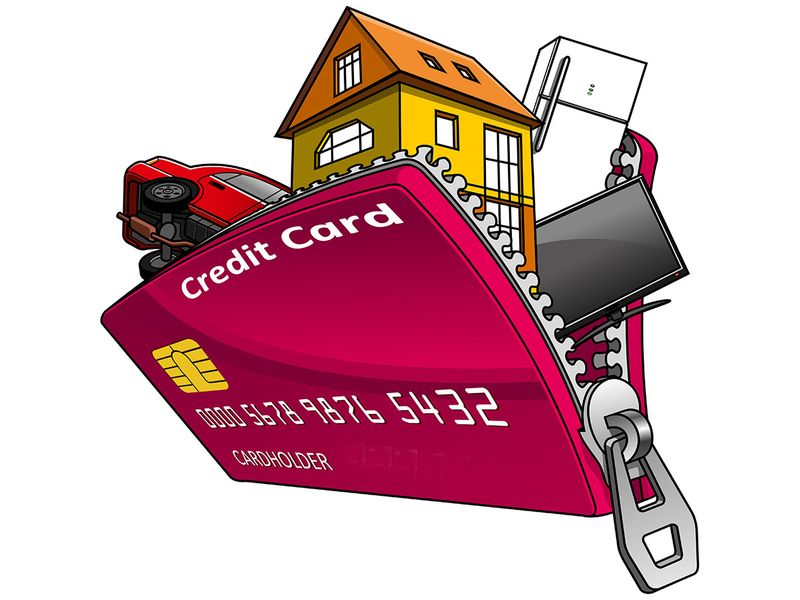
Interest rates are climbing and the average rate for a new card worldwide is more than 20 per cent. Across all income groups, more borrowers could get worried that they won't be able to pay their credit-card balances in full.
Globally, card companies know you hate paying interest, so to convince you to take out a new card, they'll offer to let you transfer your balance from a competitor's card and pay zero interest - for a little while, at least. After a year or so, interest kicks in at say, 20 per cent, or even higher.
Still, the idea of getting zero per cent interest on your credit-card balance for even a short time is super tempting. A number of recent studies found that respondents still applied for a balance-transfer offer - and that was in April before the central banks began really hiking rates.
If you qualify for a balance-transfer credit card, there's plenty of reason to proceed cautiously. These offers won't necessarily save you all that much money. If you have substantial credit-card debt but excellent credit, you may be better off getting a personal loan. Or if you have relatively poor credit, working with a credit counselor may provide you with more options.
Beware of fees
First, there are fees. In most countries, transferring a balance to a new card typically means a charge of anywhere from 3 per cent to 5 per cent of the total balance. So when you're calculating how much you'll be saving in interest with the zero per cent offer, be sure to factor in what you'll be paying in that upfront fee. And if a card issuer says there's no balance-transfer fee, it probably means they won't be as generous with the zero-interest time period.
Plus, as interest rates move higher and delinquencies increase, card issuers are likely to make their balance-transfer offers less attractive, charging even higher fees for less time at zero per cent.
These balance-transfer offers also come with limits. You often won't know how much of your balance you can shift over until after completing the application and getting approval.
For those with balances, the mean debt amount is not low So be prepared to be approved (usually based on a proprietary formula that takes into account your credit score and income, among other things) for a transfer that may be less than the amount you wanted to move. Experts say that while card issuers may still be pretty flexible on creditworthiness, they're being a lot stingier when it comes to credit limits.

Beware of limitations
Also, be aware that you typically have a defined window of time to make the transfer, and you're generally prohibited from making a transfer to a different card with the same issuer.
The biggest risk, though, is your best intentions. While you may resolve to make payments diligently every month to chip away at the balance so that you can pay it off before the zero per cent offer expires, it's not always so easy. About half of top global lender Citigroup's balance transfers ultimately convert to revolving balances after the promotional period, the bank disclosed during an earnings call last year.
What's more, you won't necessarily know exactly what the rate will be after the zero per cent interest period ends. The card issuer will give you a range, but it can fluctuate, and the onus is on you to inquire.
So for the most disciplined among us with excellent credit and a big credit balance that would be nice to pay off interest-free, a balance-transfer card can be worthwhile. But a personal loan might be even better.
Aren't loans better?
Such loans can help to streamline debt into one, fixed payment. You'll pay more than zero per cent interest, of course, and there may be fees, but you'll lock in a rate of, say 6 per cent, for longer, such as up to five years.
If your credit has suffered, a nonprofit credit counselor can work with you to negotiate fees and interest with your card company, and create a repayment plan.
For that matter, before you consider a balance-transfer card, why not just pick up the phone and talk with your current card issuer? The company may be motivated to work with you because it doesn't want to lose your business to a competitor's balance-transfer offer.
- Alexis Leondis is a Bloomberg Opinion columnist covering personal finance.








